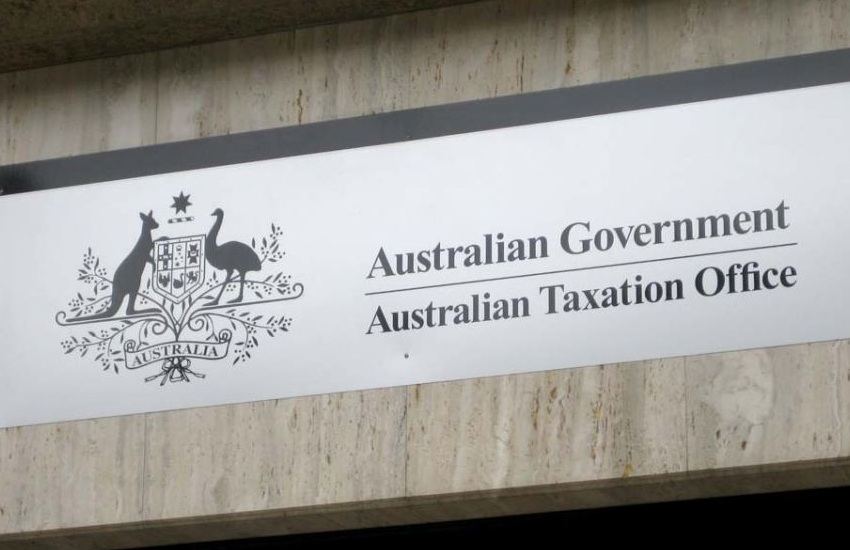ATO stands by taxi definition for FBT
TaxThe Tax Office will not view Uber and similar ride-sourcing vehicles as taxis for the purpose of fringe benefits tax and the taxi travel exemption, following a lengthy consultation period.

In late 2017, the ATO released a discussion paper for public consultation on the interpretation of “taxi” for FBT and the taxi travel exemption.
The consultation came about because of a Federal Court decision that considered the definition of “taxi” for GST purposes and held that UberX drivers were required to be registered for GST on the basis that they were supplying taxi travel.
The court found “that the ordinary meaning of the word ‘taxi’ is a vehicle available for hire by the public and which transports a passenger at his or her direction for the payment of a fare that will often, but not always, be calculated by reference to a taximeter”.
Close to two years later, the ATO has confirmed its existing view, ruling that the FBT taxi travel exemption only applies to travel undertaken in vehicles licensed to operate as a taxi by the relevant state or territory and does not extend to ride-sourcing services provided in a vehicle that is not licensed to operate as a taxi.
“If your employer clients provide employees with travel in a ride-sourcing vehicle or other vehicles for hire that are not taxis, the expense may be subject to FBT unless another exemption or concession applies,” the ATO said.
Speaking to Accountants Daily, RSM senior manager Tracey Dunn said it was not a completely unexpected outcome, as changing the definition would have required an amendment to the FBT legislation.
“Employers who reimburse employees for Uber (or similar) are advised to review their policies and procedures to ensure the convenience of an Uber doesn’t leave them out of pocket with an unexpected FBT liability,” Ms Dunn said.
“Employers may still be able to apply the FBT minor benefit exemption to expenses incurred in relation to ride-sourcing vehicles; however, a degree of analysis will be required to ensure the eligibility criteria is met.
“If employees regularly choose to use a ride-sourcing vehicle over a licensed taxi, the less likely the employer will be able to rely on the FBT minor benefit exemption. Employers may also find that cost savings and convenience of using some ride-sourcing vehicles may outweigh the associated FBT expense.”




